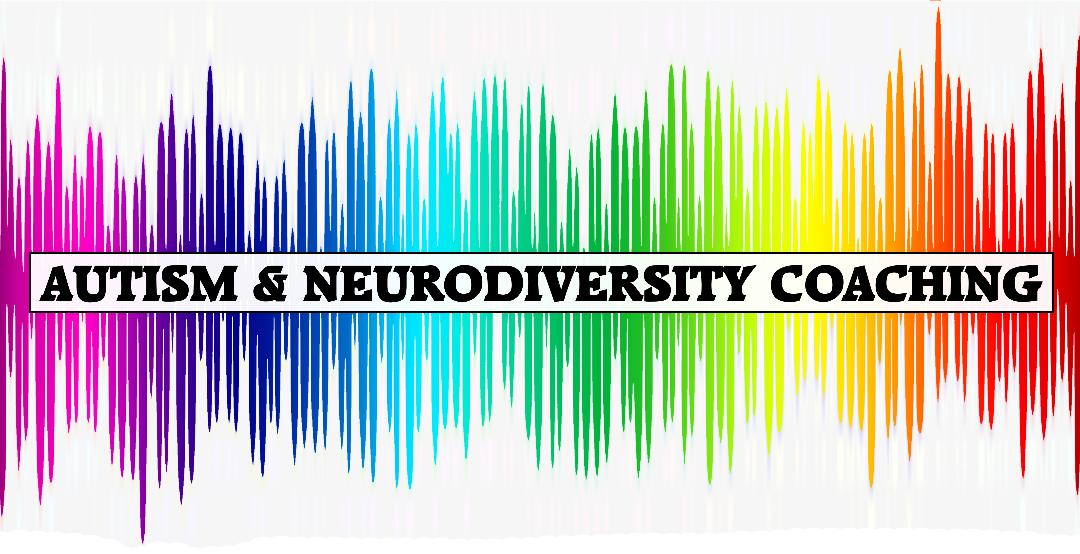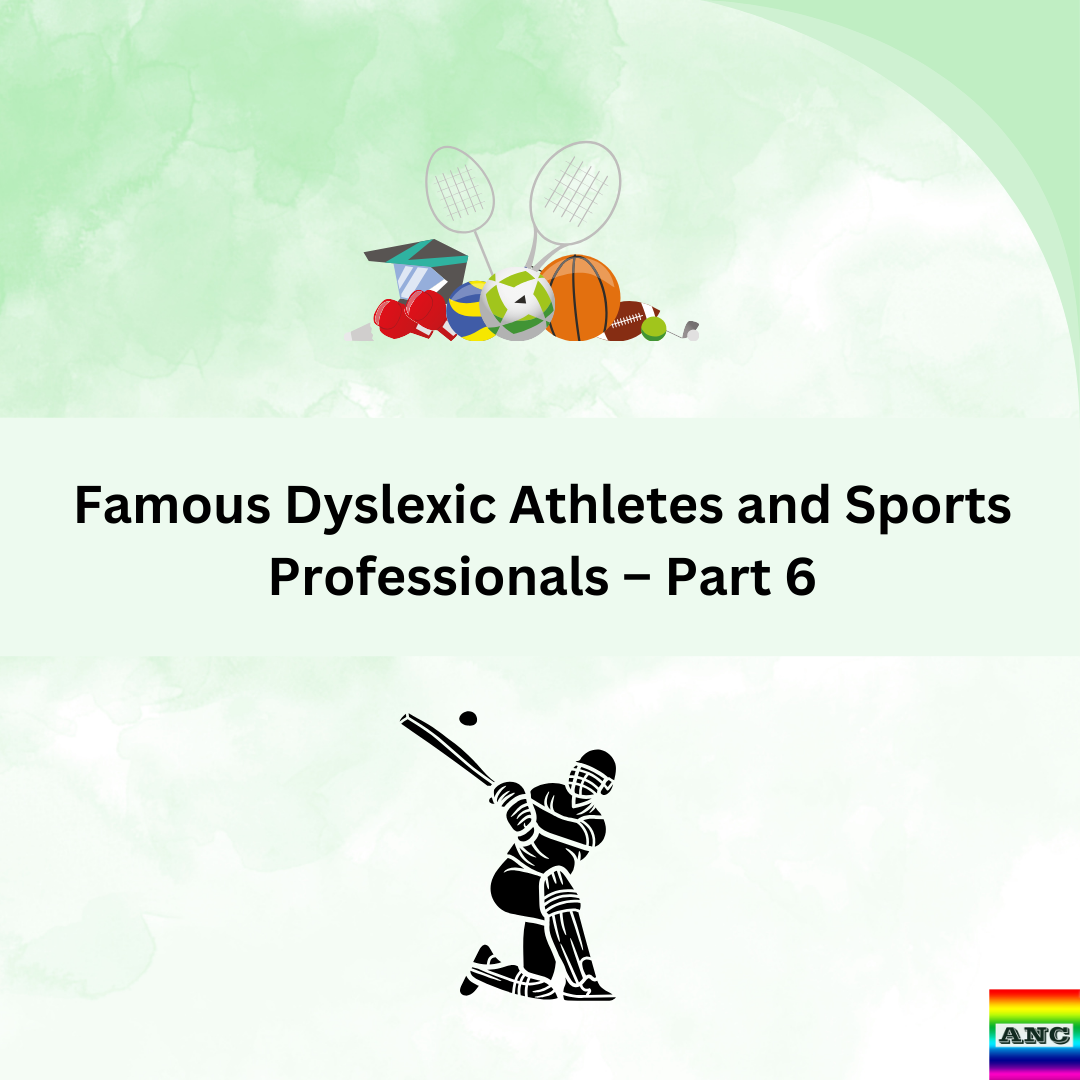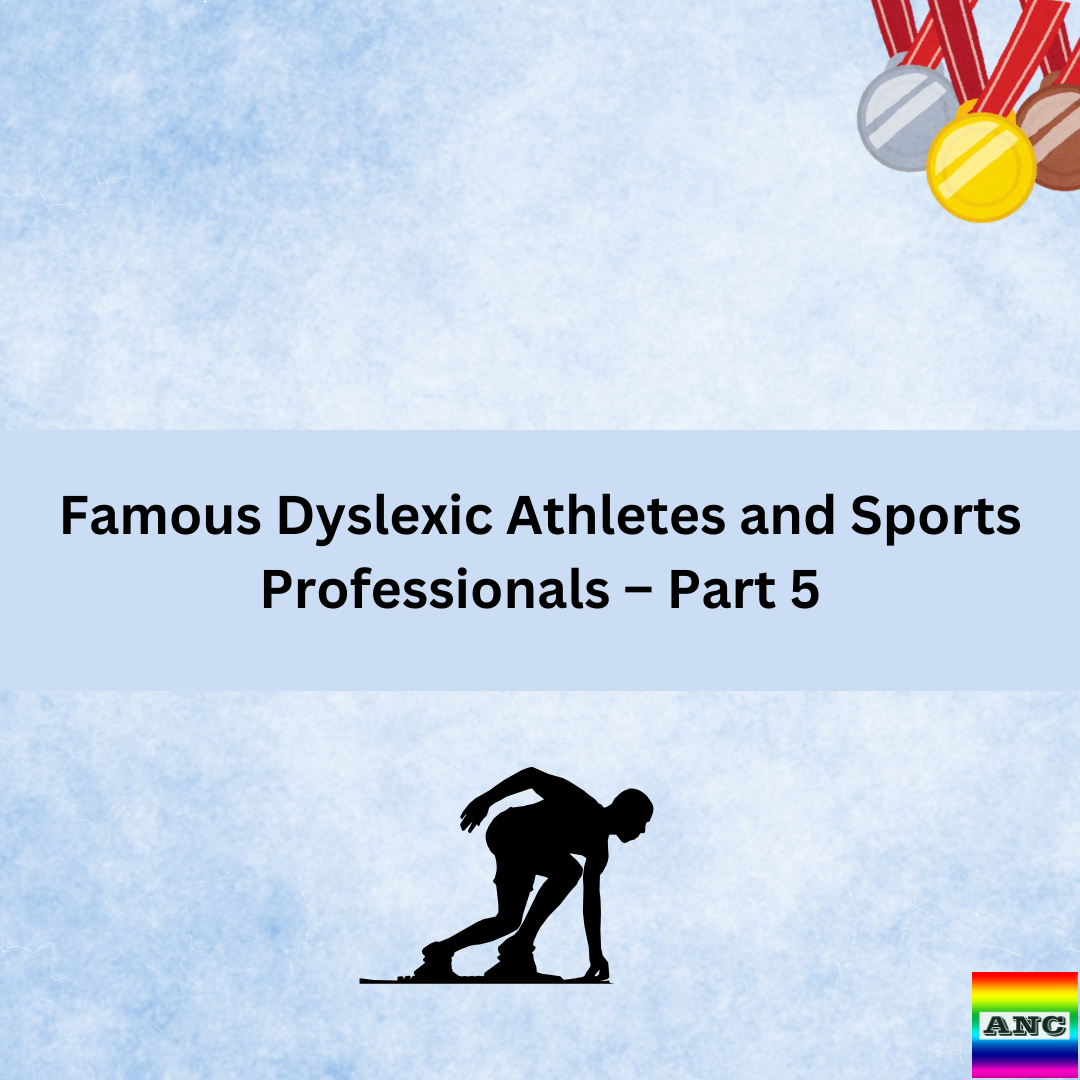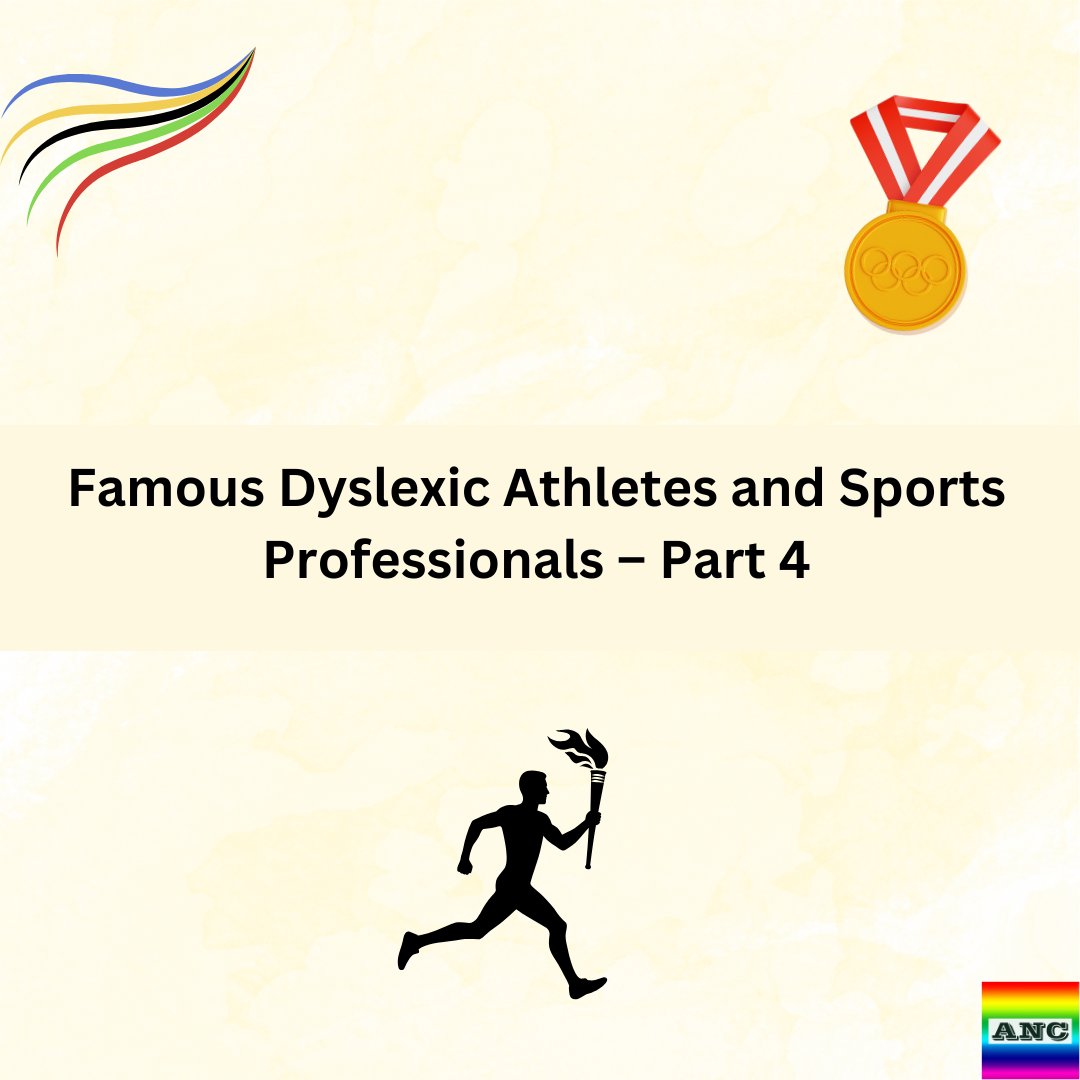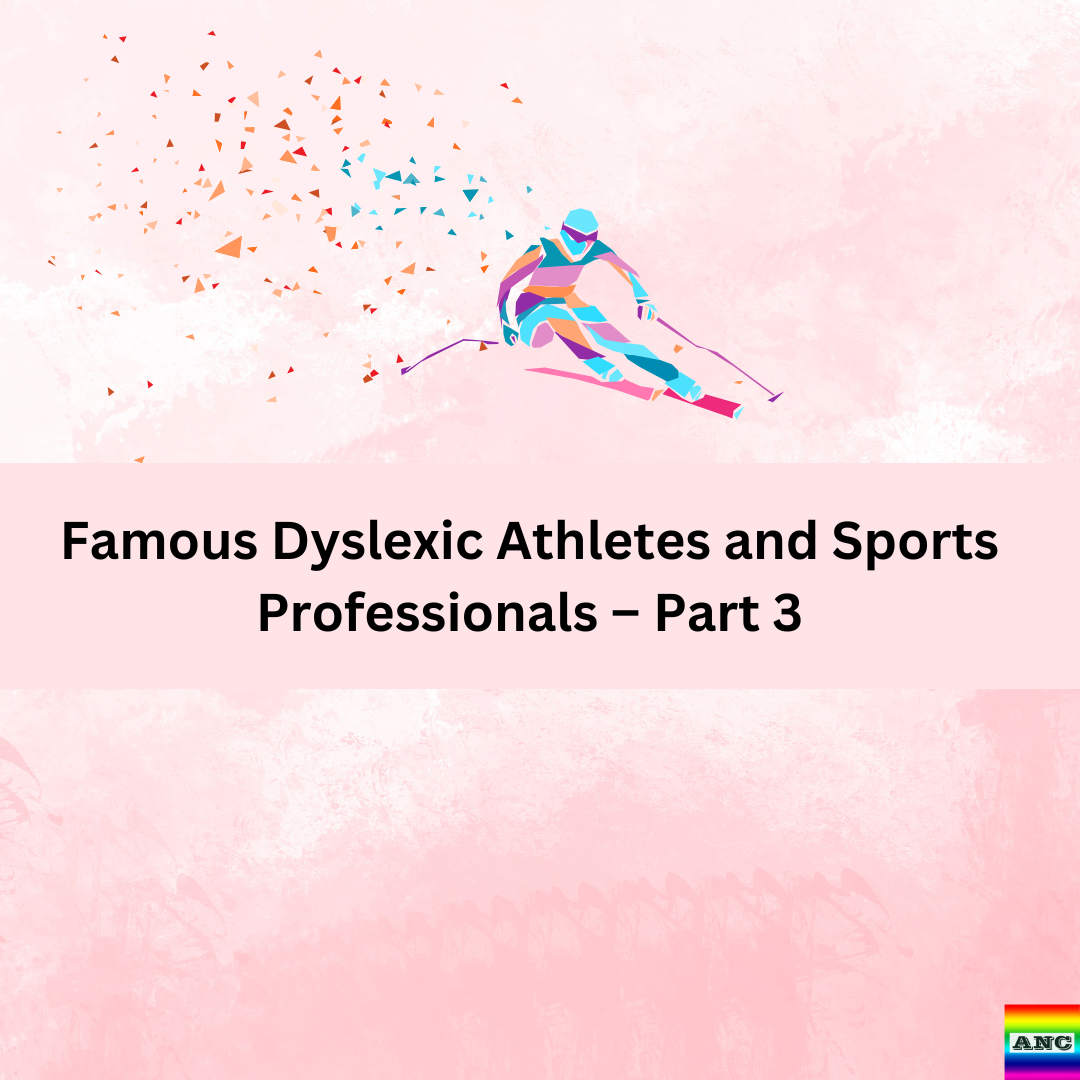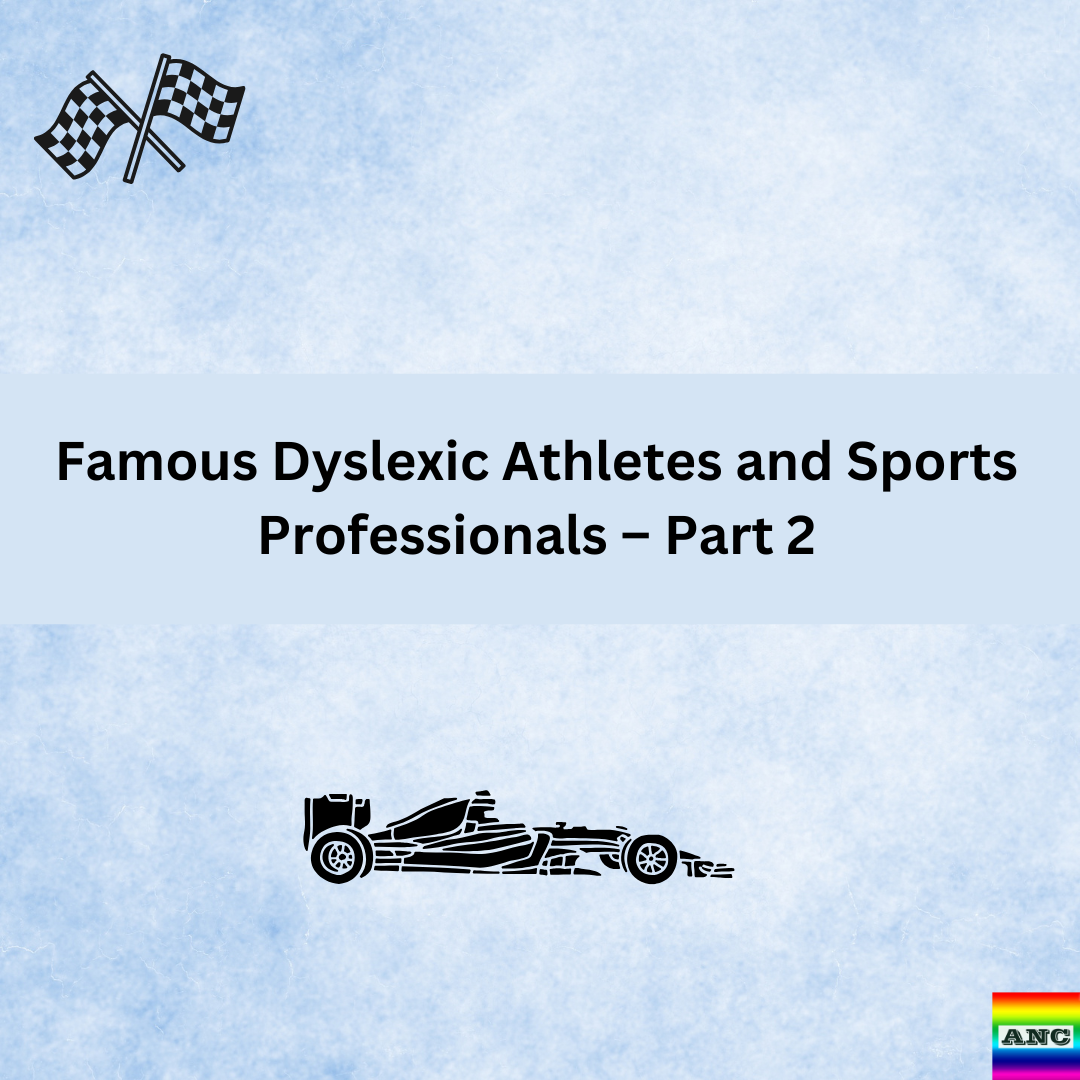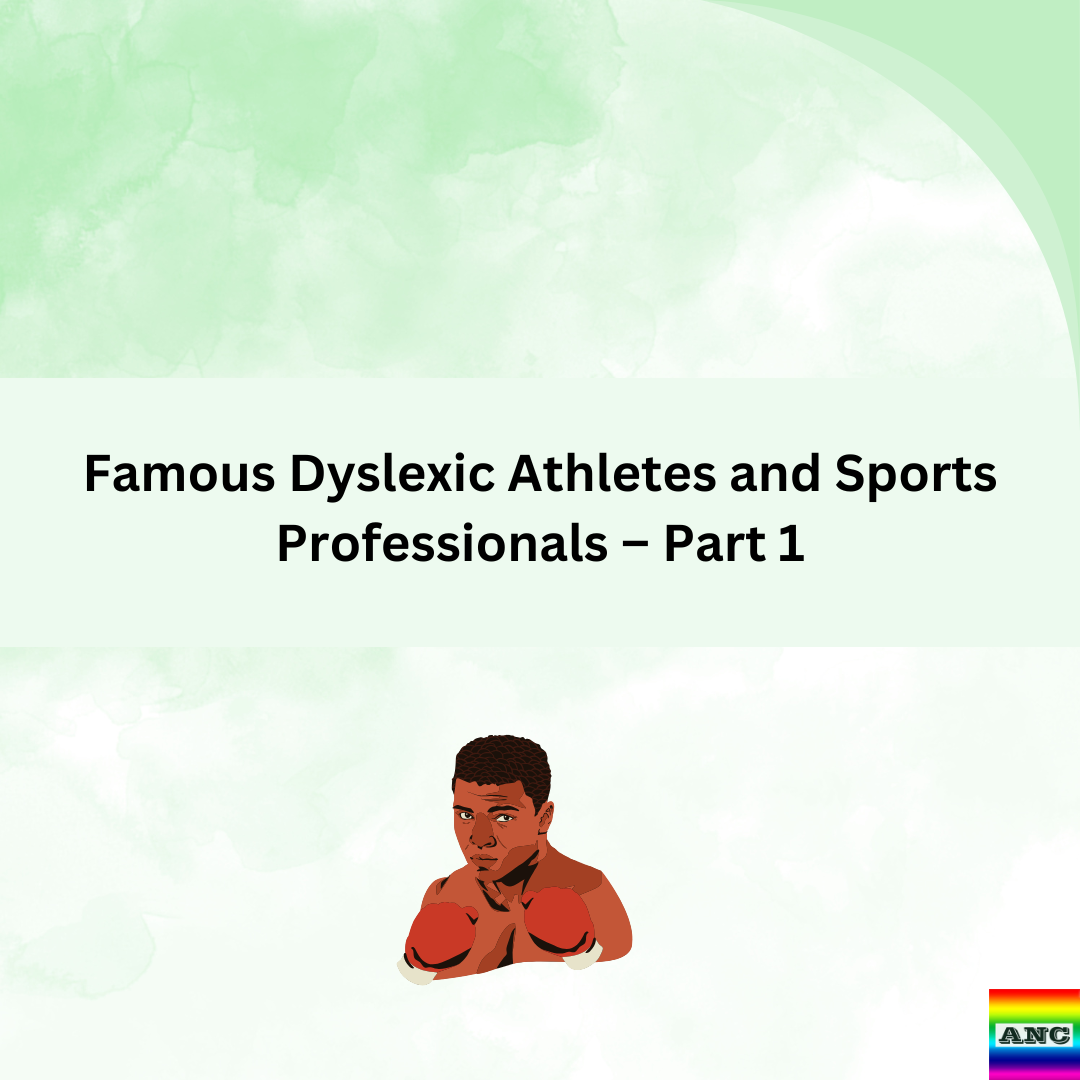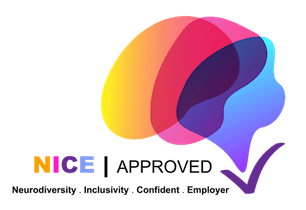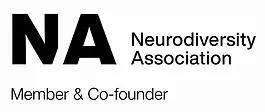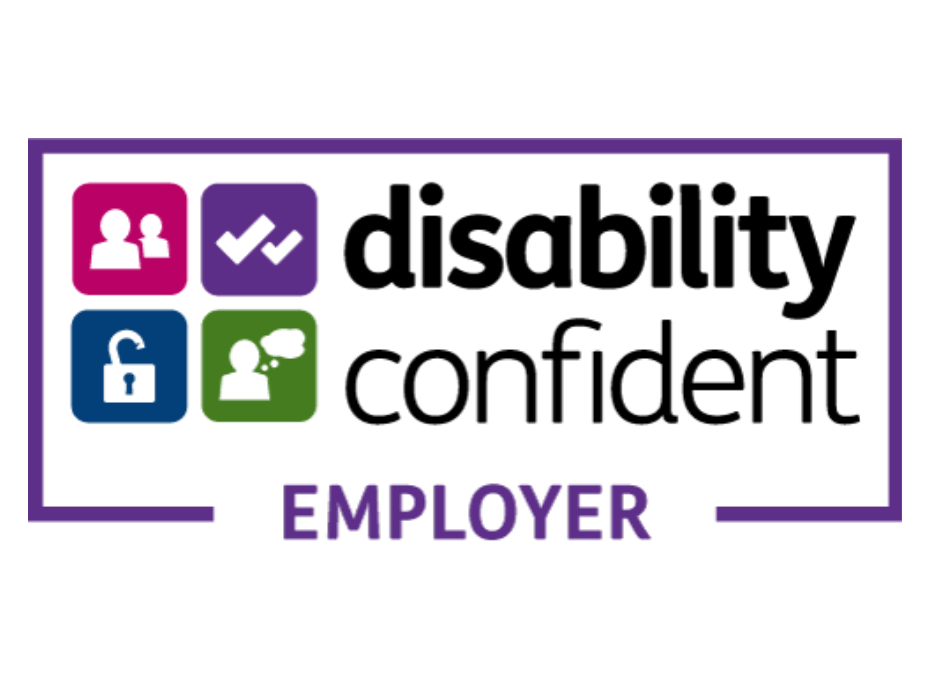Dyslexia's Unique Advantages in Sports Part 4
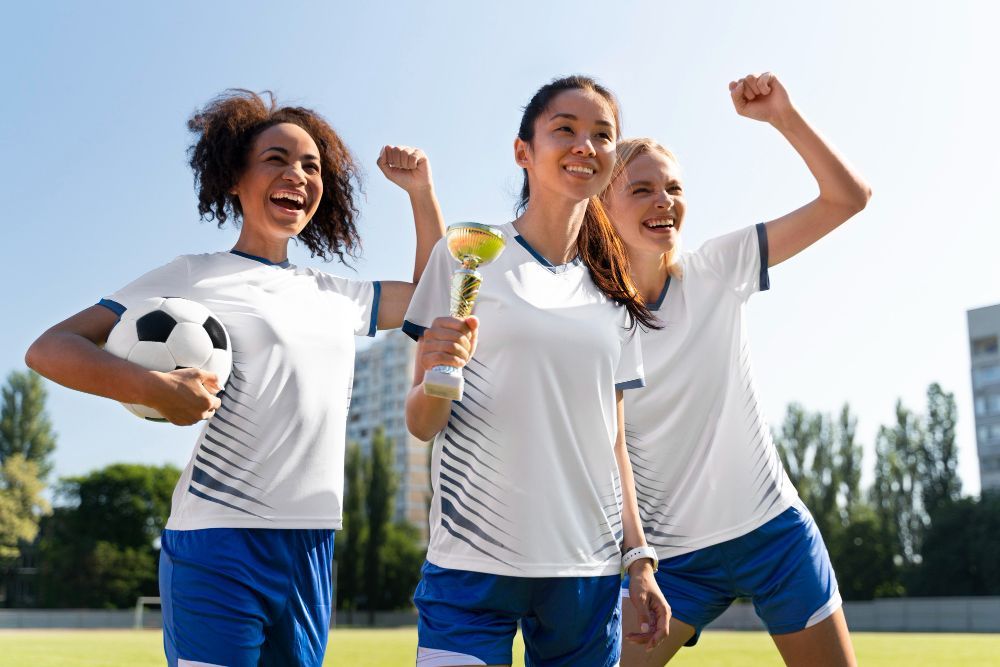
Heightened Emotional Intelligence and Team Building
Athletes with dyslexia often develop strong emotional intelligence as a result of navigating personal challenges throughout their lives. These challenges build empathy, self-awareness, and the ability to connect with others on a deeper level. In team sports, these qualities translate into exceptional leadership and team-building abilities.
Having a high emotional quotient (EQ) allows dyslexic athletes to understand and manage not only their own emotions but also those of their teammates. This builds strong, cohesive team dynamics and helps in creating a positive and supportive atmosphere. Such athletes can read the mood of their team, provide encouragement when needed, and intuitively recognise how to motivate different individuals.
This emotional intelligence enables dyslexic athletes to excel in roles that require leadership or collaboration, such as team captains, managers, or coaches. They have the ability to inspire confidence, manage conflicts, and maintain team morale—qualities that are invaluable in any sport that demands collective effort.
Unique Learning Strategies and Mental Flexibility
Many dyslexic individuals have developed personalised learning strategies to compensate for their difficulties in reading and writing. These strategies help them process information differently, often leading to a higher degree of mental flexibility. This ability to adapt to new ways of learning and performing can provide a significant advantage in sports, where learning new techniques, strategies, and skills is constant.
In sports like martial arts, gymnastics, or any discipline where athletes must master complex techniques, this mental flexibility allows dyslexic individuals to find alternative ways to learn and internalise movements. They often thrive in environments where learning is hands-on, experiential, and repetitive rather than reliant on written instructions or verbal commands.
Athletes with dyslexia may also excel at visual learning, making use of video analysis, pattern recognition, and observation to sharpen their skills. Their ability to take in and process visual cues from coaches or competitors can result in faster mastery of techniques and better overall performance.
Increased Focus during Physical Activity
Interestingly, physical activity has been shown to help individuals with dyslexia focus better. Exercise stimulates the brain and can improve cognitive function, particularly for those with learning differences. Many athletes with dyslexia report that engaging in sports helps them concentrate better in other areas of their life, including academics and personal development.
This phenomenon of heightened focus during physical activity is especially beneficial in sports that require sustained concentration, such as archery, golf, or precision-based activities like shooting and fencing. Dyslexic athletes may find that the rhythm and physicality of sport help them filter out distractions and enter a "flow" state more easily, leading to peak performance.

